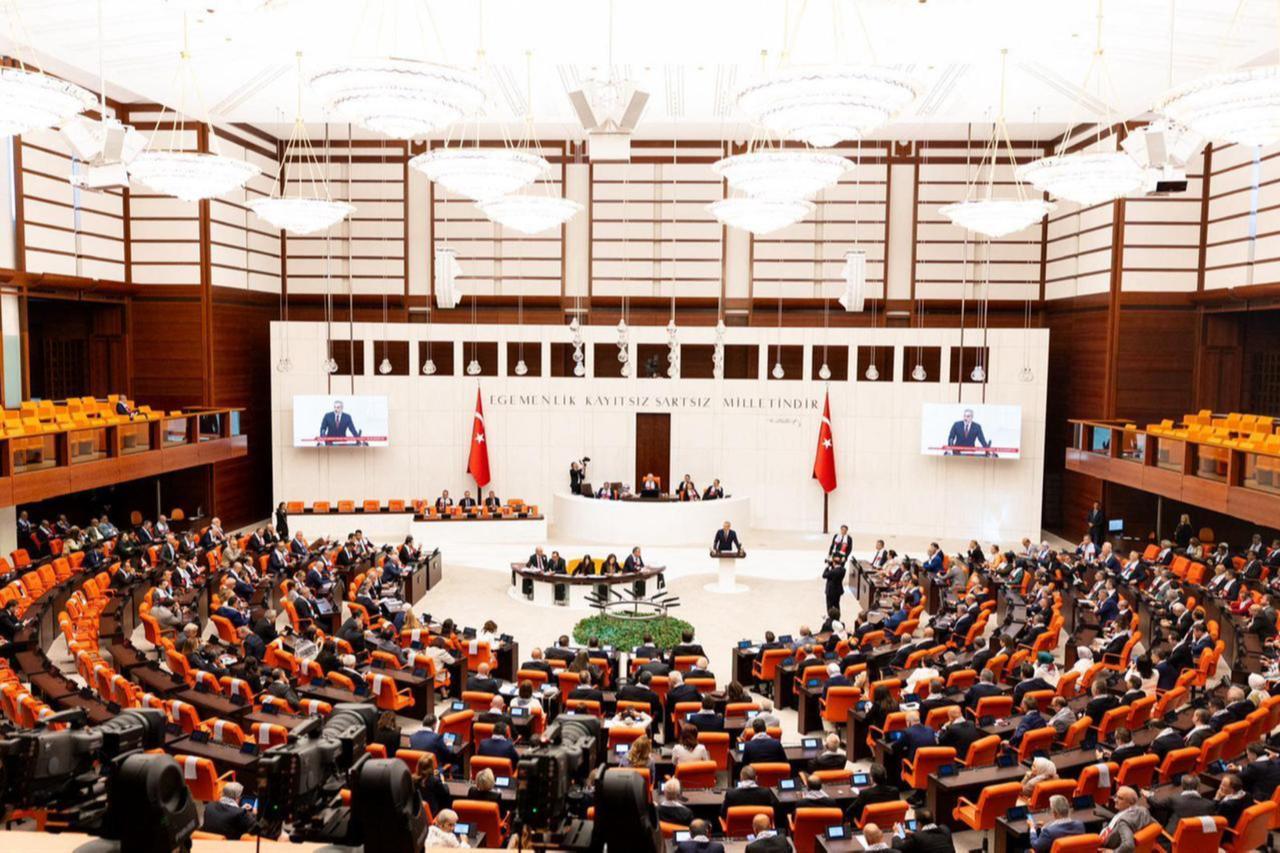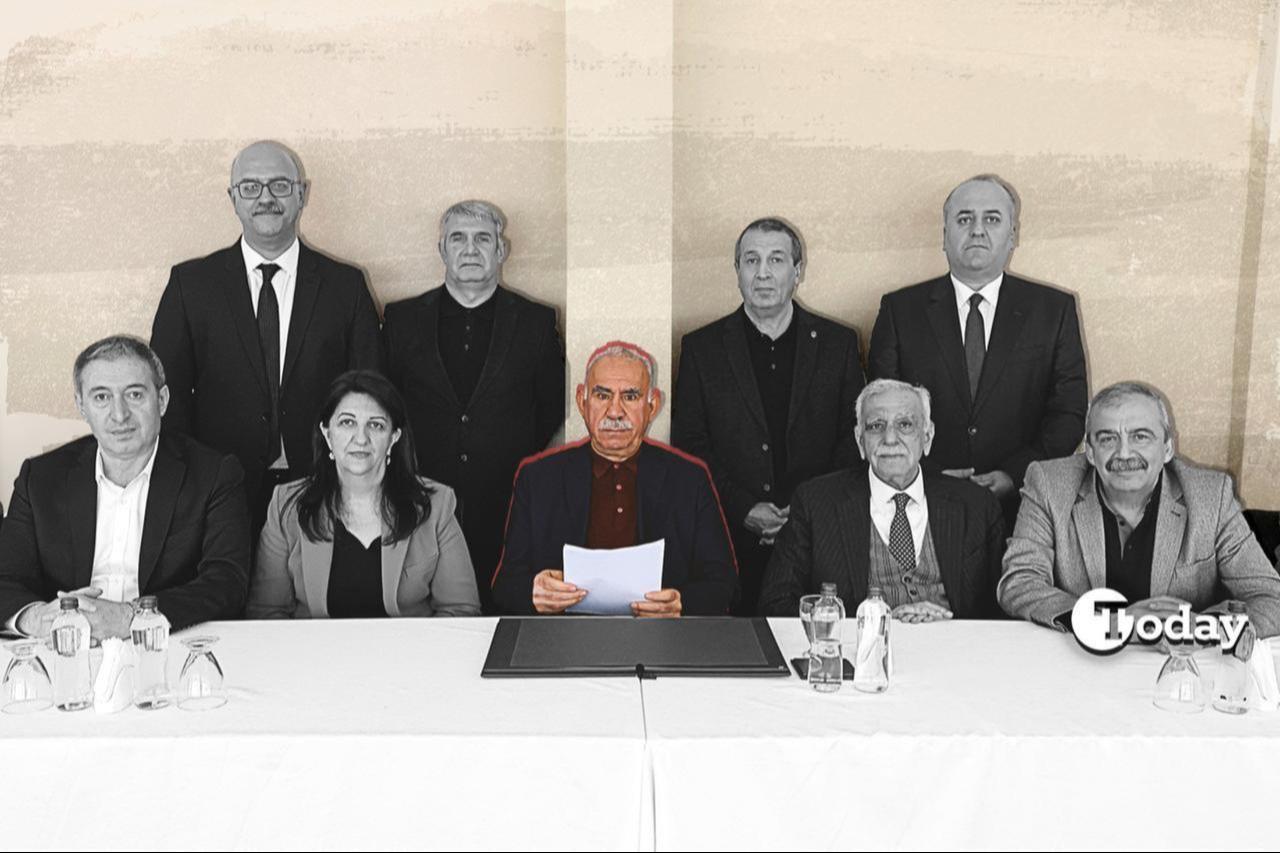
Türkiye's ruling Justice and Development Party (AK Party) plans no general amnesty, per party officials, amid the ongoing peace process in the country.
According to a report from Türkiye daily’s Yucel Kayaoglu, senior officials from the ruling AK Party said that once the state confirms the completion of the disarmament process, the Turkish Parliament will pass a comprehensive law defining the legal status of former PKK members.
There will be no general amnesty, officials said.
Under the planned legislation, individuals who have laid down arms will no longer face charges of membership in a terrorist organization.
A separate bill addressing prison sentence adjustments will be introduced later.
Türkiye’s “peace process” refers to past government-led efforts aimed at ending the decades-long conflict with the outlawed terrorist organization PKK through negotiation and disarmament.
The most notable attempt began in 2013 but collapsed in 2015 amid renewed violence.
The issue remains deeply sensitive in Turkish politics, dividing public opinion and political parties over how to achieve lasting peace.
The Turkish government is now preparing a new legislative framework for PKK members who surrender their weapons, following the call by Nationalist Movement Party (MHP) leader Devlet Bahceli that initiated a renewed peace effort.

An AK Party official told the Türkiye daily that the law will not include any amnesty for Abdullah Ocalan or other inmates, emphasizing that it will only apply to those who have not committed crimes.
The official referred to Article 221/2 of the Turkish Penal Code, which states that an organization member who voluntarily leaves the group without participating in any criminal acts will not be sentenced.
“The new law will contain a similar provision,” the official said.
“It will concern only those who have not been involved in criminal activities. Once enacted, those individuals can easily reintegrate into social life in Türkiye.”
Regulations concerning members who have been involved in crimes are expected to be addressed in a later phase.